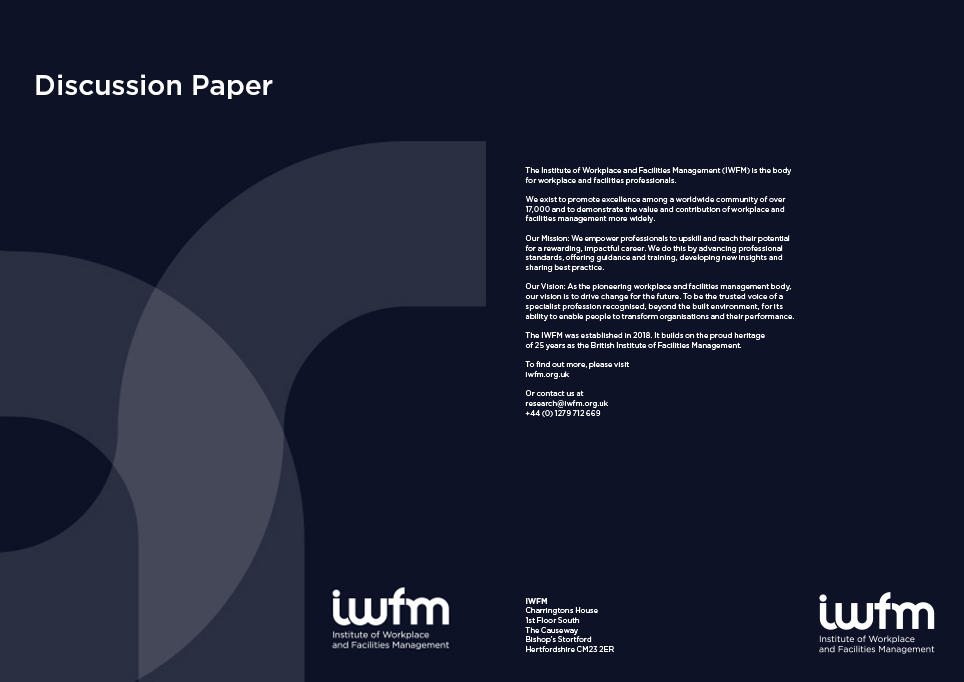Engaging FMs in the construction process
Discussion paper
- Building Services,
- Facilities
- Login to view
01 November 2013

Since the realisation of BIM’s true potential there has been much talk about engaging FMs in new construction and major refurbishment projects, and this is a key element that BIM and soft landings intend to bring as part of a continuous cycle of improvement. Although some of these principles have been around for years, the advancement of the ‘Government’s Construction Strategy’, and mandating that key projects are BIM Level 2 enabled by 2016, has given the agenda some additional impetus.
Other work streams such as RIBA’s Plan of Work update have introduced the importance of the scoping stage, and all of these factors seem intent on shifting the role of FM from ‘operation and maintenance’ to ‘organisational need’ and how this need can be satisfied.
This is a significant leap and will require a change in mindset for FMs and all those stakeholders involved in the construction process. Although there appears to be an appetite to embrace these changes, it is imperative that FM understands that its advice, experience and understanding will have a significant and serious role to play in enabling more efficient buildings. Therefore, the way in which it conducts itself within this process and among its peers - working across the construction sector - should reflect this.
However, what this forum has also proved is that although historically FM may have had a credibility issue – based on the experience of individuals – there was a consensus that much of the FM feedback was negative and probing, rather than providing solutions.
To enable a shift in perception, FMs need to be more confident and proactive rather than reactive in their outlook. Guidance will be required on how this is done but checklists for questions that should be asked at each stage of the process would be useful.
The forum also revealed that FMs didn’t need to become experts in construction, but that they needed to embrace new ways of working with the project manager to ensure that all the skills required to make BIM and collaborative working a success are represented across the entire project. It was acknowledged that these FM skills might not necessarily always come from facilities managers; they may come from someone else with experience of facilities or from another discipline.
One of the biggest challenges for FM is the way in which it demonstrates how soft aspects, such as reception services, impact on organisational outcomes, and how to stop these elements being overlooked.
For earlier engagement to happen there will be particular implications – both financial and practical – and for this reason, working at stage zero is crucial as it gives the organisation a chance to do its collective thinking long before the pressures and costs of engaging a design team. The idea is, the organisation can take a more considered long term view, thinking about the end users and occupier from start to finish, and ask the FM what information they need, and in what format, to feed back at the start of the process.
What is key to all of these changes is the collaborative team, and that buildings are designed for use and not just for construction. Part of the education process for all involved is around developing positive and negative case studies – but most importantly celebrating the successes.
It’s imperative that FM is considered part of the design process: as the providers of practical insight. The challenge is now enabling and supporting this cultural shift so that it can be embraced.
Log in for full access to our resources
To join IWFM and find out more about how you can access all our resources please visit iwfm.org.uk/membership
